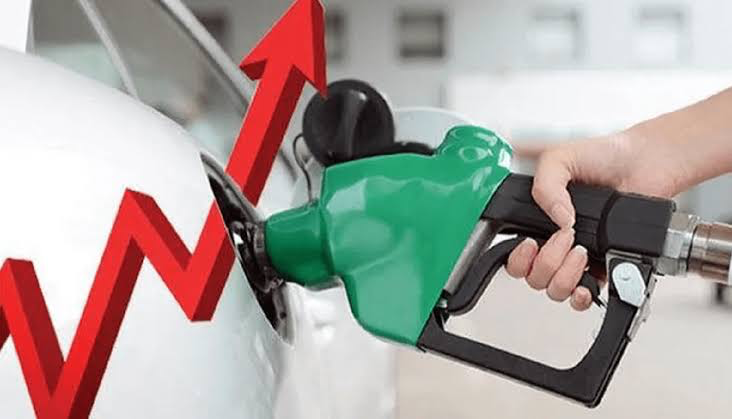Nigeria’s longstanding gasoline crisis is intensifying as international suppliers, frustrated by mounting unpaid bills, are exiting the fuel market, according to a Reuters report citing industry sources. The crux of the issue lies with the Nigerian National Petroleum Corporation (NNPC), the state-owned oil company, which is grappling under a colossal $6 billion debt accrued from gasoline imports. This figure has doubled since early April 2024, exposing the widening gap between government-mandated pump prices and the ever-increasing cost of fuel on the global market.
Subsidy Reform Backfires, Leaving Nigeria in a Lurch
In a bid to tackle the burden of expensive fuel subsidies, President Bola Tinubu’s administration implemented reforms in 2023 that resulted in a threefold increase in pump prices. However, public backlash against the rising cost of living forced the NNPC to cap prices shortly after. This policy, coupled with a depreciation of the Nigerian naira, essentially reinstated a hidden subsidy. The government now anticipates the gasoline subsidy to cost at least $3.7 billion in 2024.
The situation in Nigeria underscores the challenges associated with implementing fuel subsidy reforms across Africa. Recent social unrest in Kenya, sparked by the government’s announcement of planned tax hikes to address fiscal challenges, serves as a stark reminder of the potential for public resistance when governments attempt to curb popular subsidies, especially during periods of high inflation.
The NNPC’s mounting debt has already begun to have a tangible impact on fuel availability in Nigeria. With delayed payments exceeding $4 billion according to traders, suppliers are becoming increasingly wary of participating in import tenders. This has resulted in a decrease in gasoline import volumes, with NNPC expected to import around 850,000 tonnes in July compared to the usual 1 million tonnes. The direct consequence of this is the emergence of fresh queues at gas stations in major cities like Lagos and Abuja, with some stations even resorting to halting sales altogether.
Limited Options for a Cash-Strapped Nation
Years of mismanagement and corruption have significantly eroded Nigeria’s oil wealth. The nation lacks a substantial financial safety net, and NNPC’s ability to generate revenue has been further hampered by the mortgaging of a significant portion of its oil exports. In a last-ditch effort to bolster foreign exchange reserves, NNPC secured a record-breaking $3.3 billion oil-backed loan from Afreximbank and a consortium of traders in late 2023.
Nigeria’s gas crisis presents a multifaceted challenge with no readily available solutions. The government faces the difficult task of balancing the need to curb public spending with the potential for social unrest if fuel prices rise further. Additionally, addressing the NNPC’s debt burden and reforming the fuel subsidy system are crucial steps towards achieving long-term sustainability in the fuel sector. Transparency and accountability in managing oil revenues will also be essential in preventing future crises. The coming months will be critical as Nigeria grapples with this complex issue, and its success in navigating this crisis will be closely watched by other oil-producing nations in Africa.
Source: Reuters



